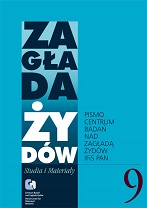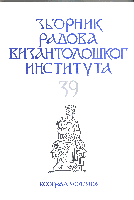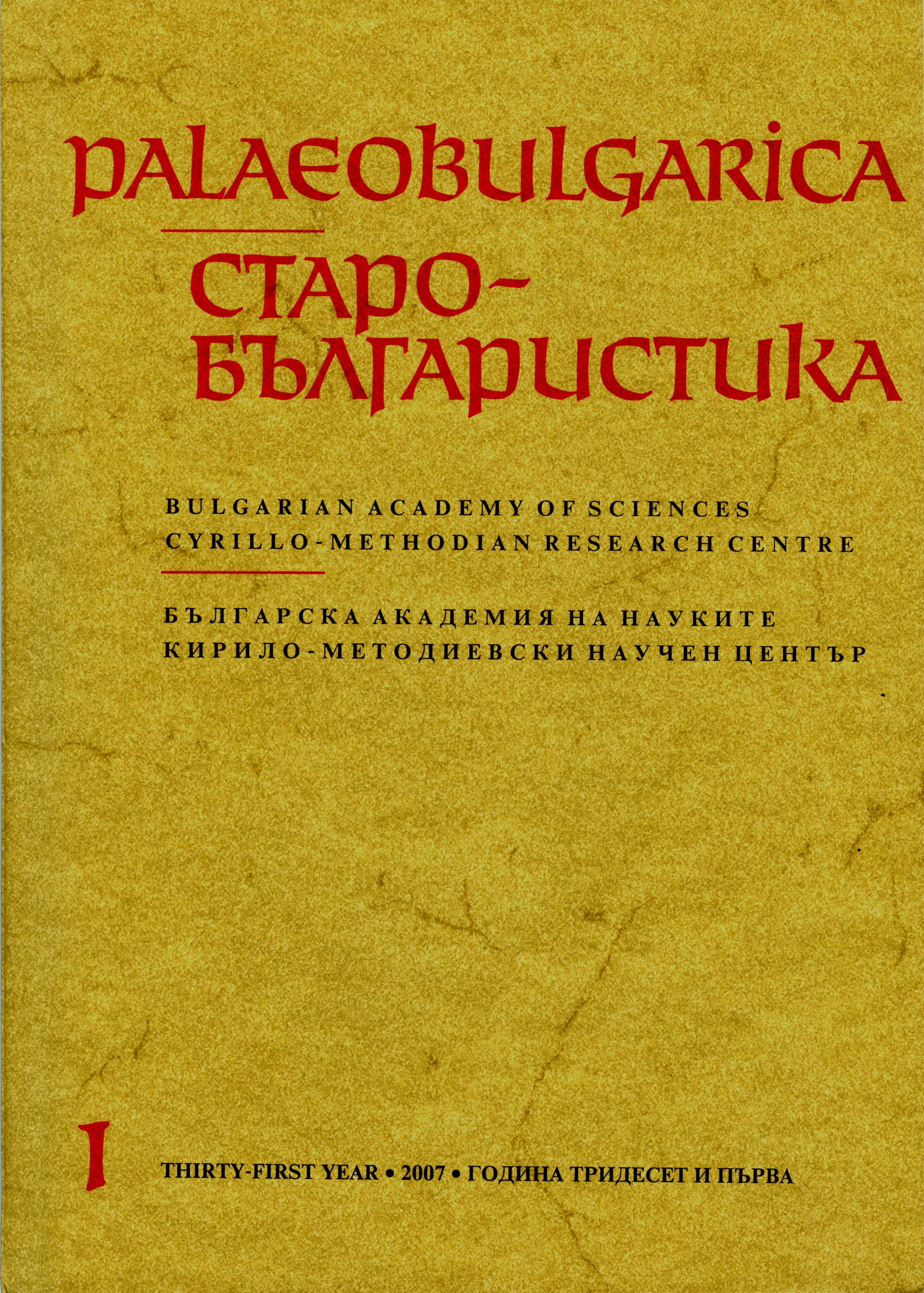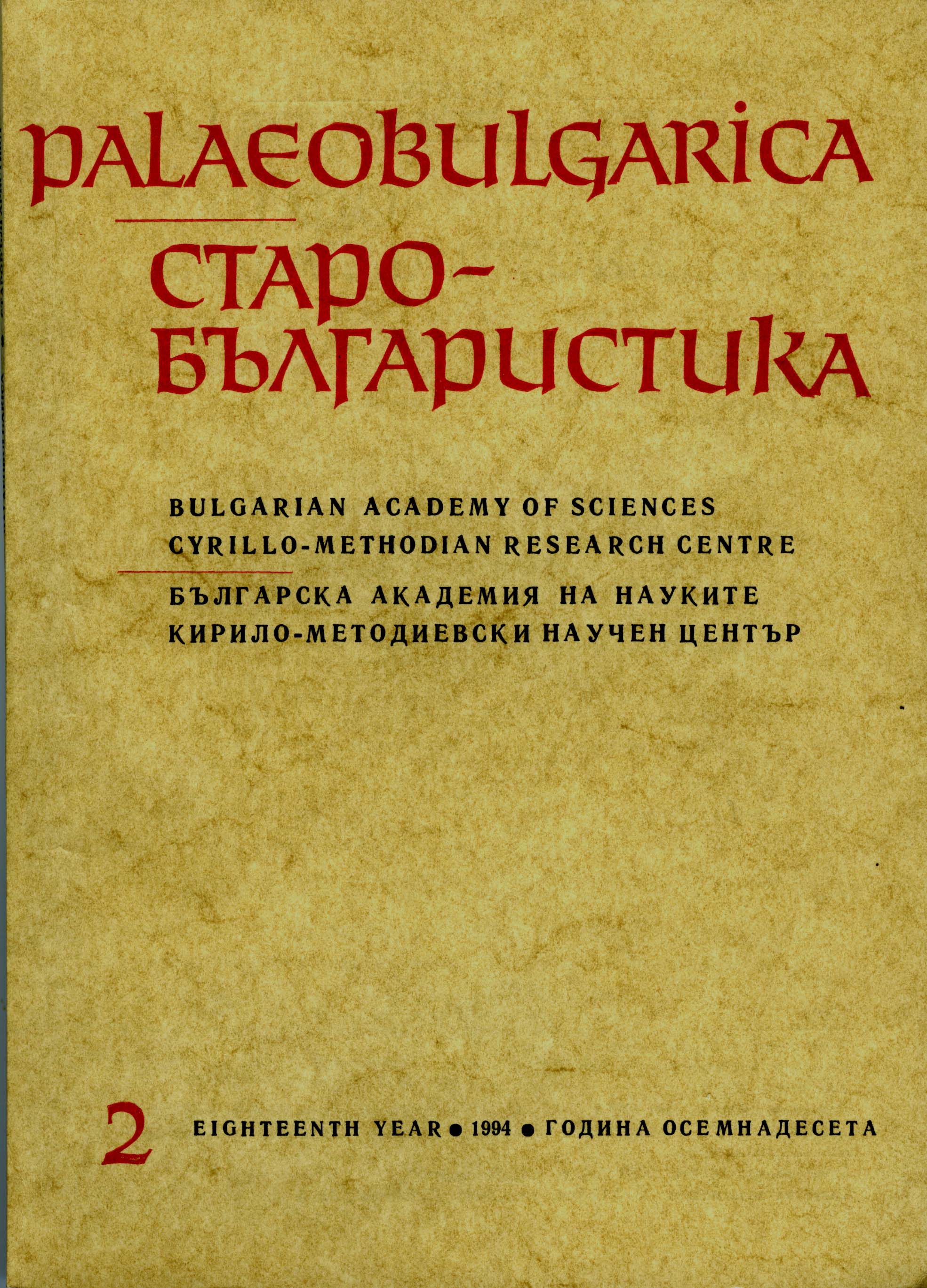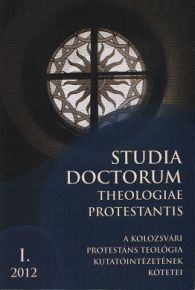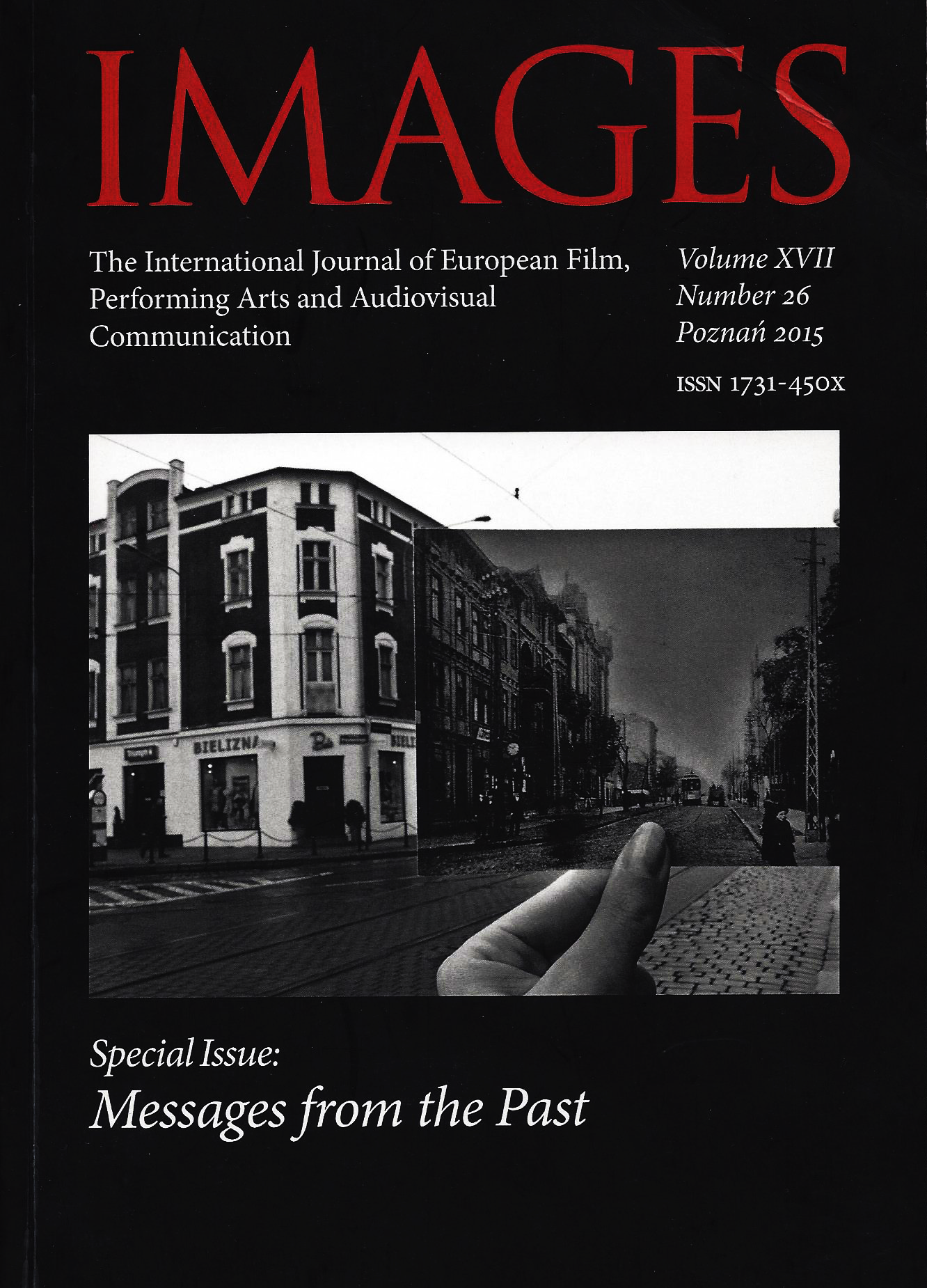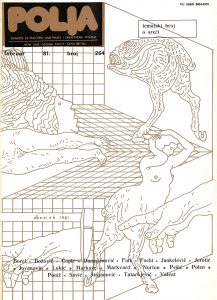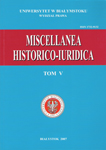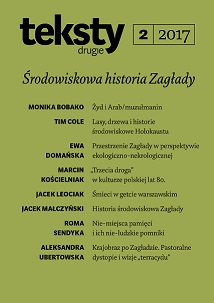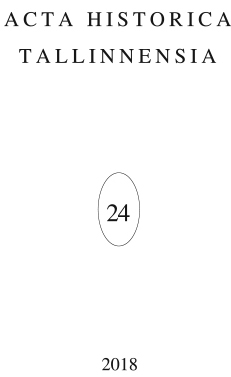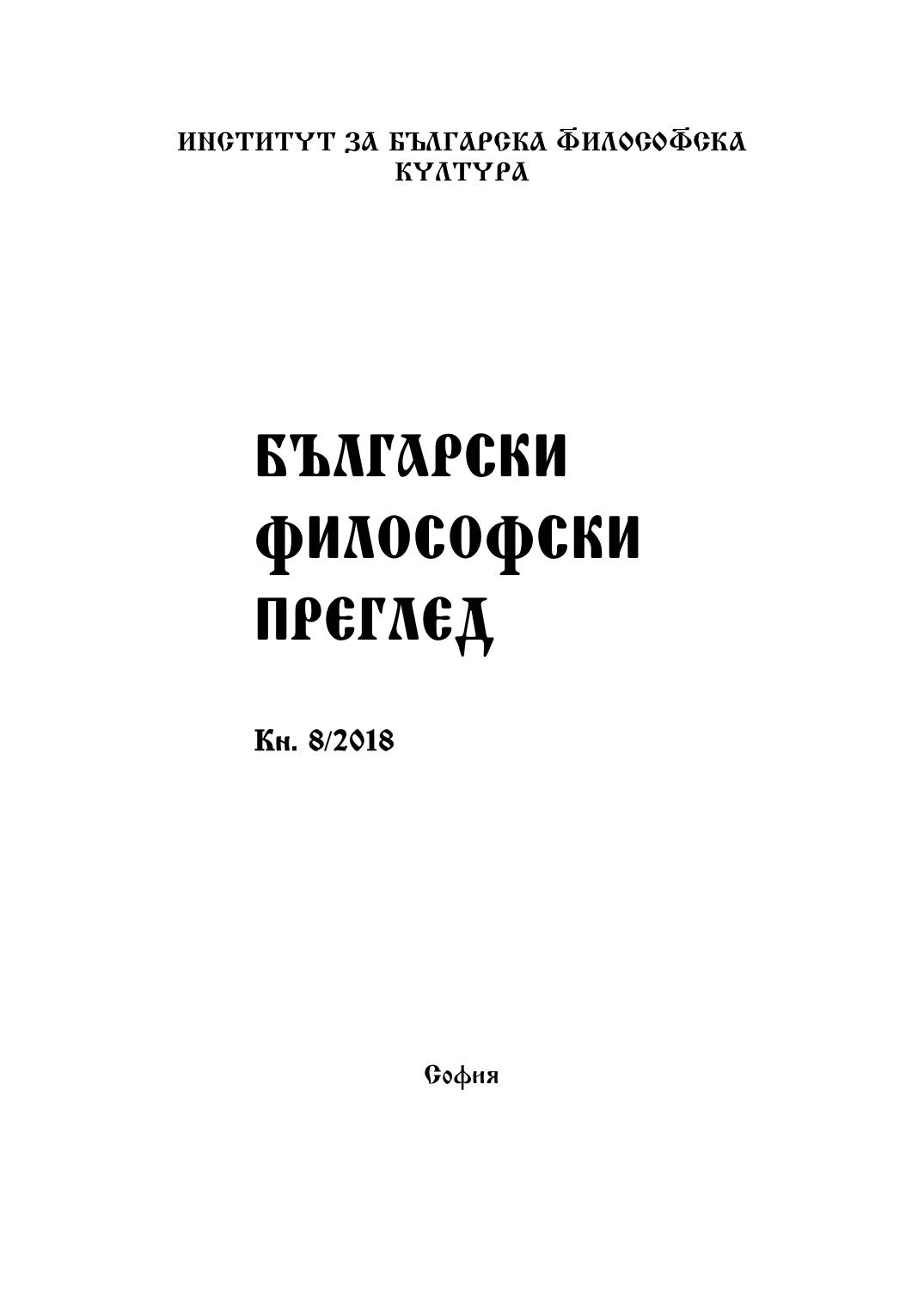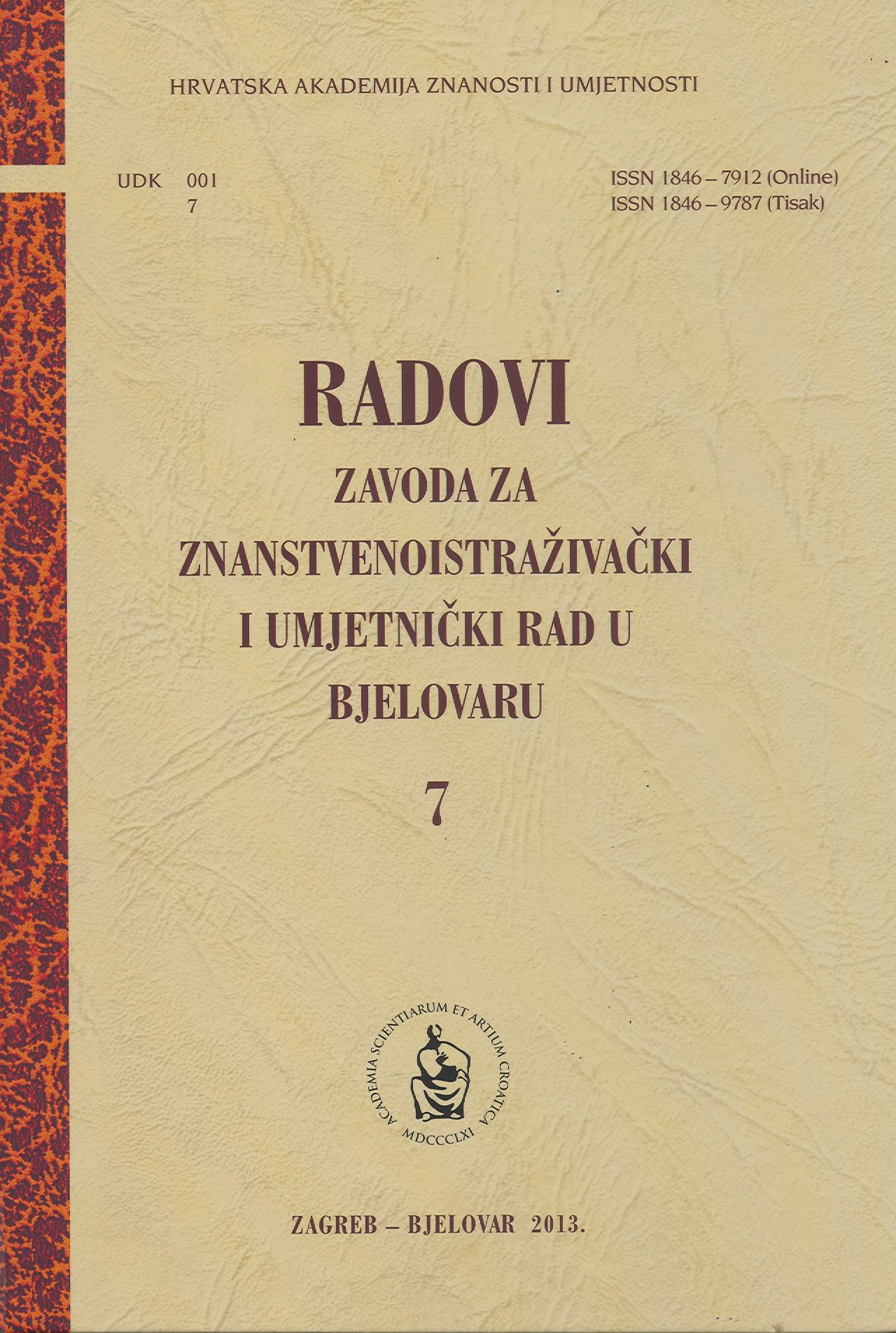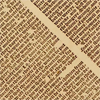Freske u Bogorodici Perivlepti i poreklo Ohridske arhiepiskopije
Author(s): Branislav Todić / Language(s): Serbian
/ Issue: 39/2001
Keywords: church of the Virgin Peribleptos; Ohrid; frescoes; archbishopric;
In the year 1294/95, in the church of the Virgin Peribleptos in Ohrid, figures of the apostles Peter and Andrew were painted in the bottom register of wall paintings of the south wall, in front of the altar space (fig. 1), while those of St. Clement of Ohrid and St. Constantine Kabasilas appeared on the opposite, north wall (fig. 2). Their choice and placement on such a conspicuous location have already been the subject of interest of scholars who attempted to explain their iconography and unveil the reasons behind their appearance in this Ohrid church. The image of apostle Peter is related to the text of Mt. 16, 18 and this apostle is thus represented as carrying a church on his back while trampling on Hades who, at the same time, is being pierced by an angel bearing a lance. From above, Christ, shown in bust, addresses St. Peter with the gospel text written out in fresco above his image. This rare representation could be interpreted as an image referring to the founding of the church on earth by Christ. The gospel text which inspired it was one of the main arguments in the primacy doctrine of the Roman church. In Byzantium, on the other hand, the equality of all apostles was underlined, and Peter shared his place of honor with Paul and, at times, Andrew. This can explain the presence of the latter by Peter’s side in the mentioned Ohrid church. On the opposite wall we find figures of saints who held in particular reverence in the Ohrid area, namely those of Clement and Constantine Kabasilas. St. Clement (whose relics were treasured in Ohrid) was a bishop in nearby Velika in the X century, and his cult developed shortly after his death. On the other hand, at the end of his lifetime Constantine Kabasilas, an archbishop of Ohrid from the middle of the XIII century, was very devoted to the emperor Michael VIII and that seems to have decisively contributed to the early development of his cult.
More...
